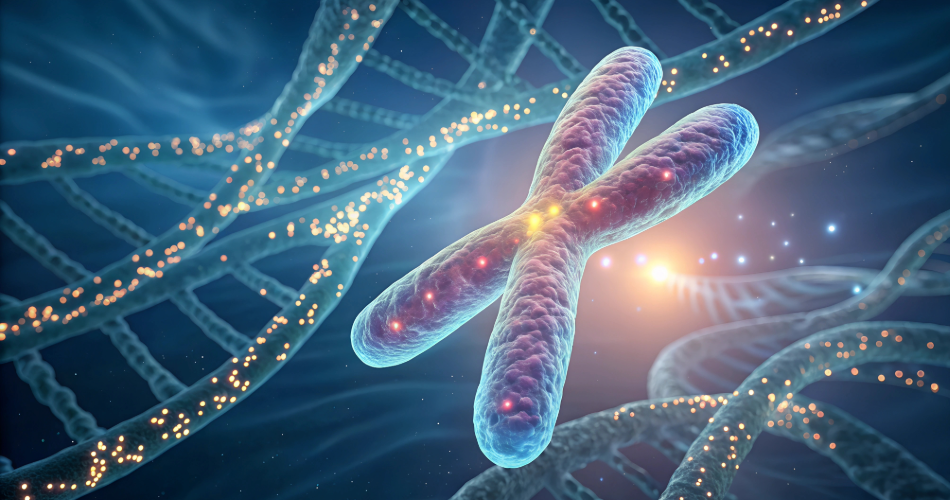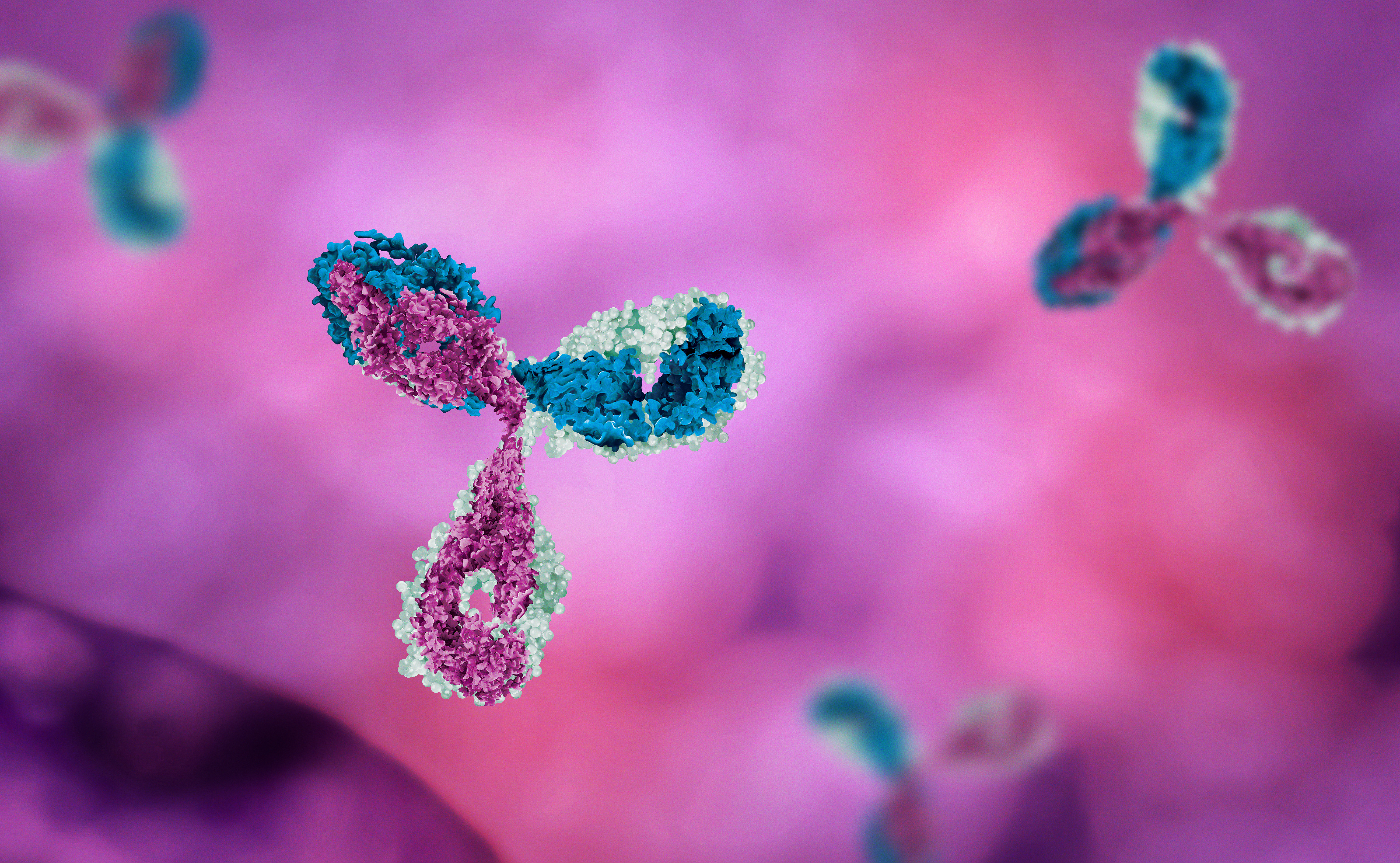
Cells can acquire the mutations that drive the development of cancer many years before the patient displays any signs or symptoms of the disease. The existence of these cells in patients with no other symptoms opens up possible avenues for the detection of cancers at much earlier stages than is currently possible.
It is generally understood that cells accumulate mutations throughout life. Cancers develop when cells accumulate a set of mutations which together cause them to proliferate abnormally. However, the timing of these “driver” mutations in the development of cancer has not been well-characterised.
A paper published recently in Nature (Gerstung et al Nature (2020) 578 122-128) reports an analysis of over 47 million point mutations within the genomes of 2658 cancers covering 38 different types of cancer. These genomes were sequenced as part of the Pan-Cancer Analysis of Whole Genomes project. By studying the nature and distribution of mutations within the genomes of cancer cells, the researchers were able to map out the evolutionary history of the cancer and establish the order in which the mutations occurred. From this, they reconstructed the typical life history of the cancer and the timing of each mutation relative to the date of cancer diagnosis.
The researchers found that the cancer-causing mutations occurred in cells in patients long before the cancer was finally diagnosed. For example, in ovarian cancer, cancer-causing mutations were found to be present in cells in patients over a decade before diagnosis. Similarly, the cells with cancer-causing mutations were found in the brain cancers glioblastoma and medulloblastoma long before diagnosis.
The researchers also found that cancer-causing mutations occur in a relative small group of “driver” genes in the early stages of cancer. For example, half of the early stage cancer causing mutations identified by the project occurred in only 9 genes out of around 20000 within the human genome. Furthermore, different types of cancer were found to display different early stage mutations. For example, early stage mutations in Adenomatous polyposis coli (APC) KRAS, TP53, and SMAD4 were common in colorectal cancers, whereas in pancreatic neuroendocrine cancers, early stage chromosomal losses and mutations in MEN1 and DAXX were common and, in glioblastoma early stage loss of chromosome 10, and TP53 and EGFR mutations were typical.
Cancer causing mutations were found to be spread through a larger number of genes in later stages, as the cancer develops and evolves. For example, at least 35 genes accounted for half of the cancer causing mutations identified as late stage by the researchers. This shows that cancers become less genetically stable as they evolve and follow increasingly diverse paths driven by a wider variety of mutations.
These findings add more detail to established models of cancer progression and highlight the role of known cancer genes, such as KRAS, TERT and CDKN2A, in the earliest stages of cancer development. Whilst it is already known to take many years for precancerous lesions to progress to cancers, the paper shows that these timescales also apply to cancers that do not have detectable precancerous lesions that are currently amenable to early detection.
The early detection of cancer is known to greatly increase the chances of successful treatment. The finding that cells with cancer causing mutations are present long before patients display any other signs or symptoms of the disease may provide the opportunity to detect cancers much earlier than is currently possible, for example, using liquid biopsy diagnostics. This early detection, combined with the targeted treatment of cancer using the techniques of precision medicine, is likely to play an important role in improving patient outcomes and changing cancer into a long term manageable condition.
Nick is a Partner, Patent Attorney and Litigator at Mewburn Ellis. He works across the full range of patent activity in the life sciences sector, from pre-drafting advice and drafting of applications to worldwide portfolio management, prosecution and appeal. Nick is also experienced in defensive and offensive European oppositions and due diligence work.
Email: nick.sutcliffe@mewburn.com
Sign up to our newsletter: Forward - news, insights and features
Our people
Our IP specialists work at all stage of the IP life cycle and provide strategic advice about patent, trade mark and registered designs, as well as any IP-related disputes and legal and commercial requirements.
Our peopleContact Us
We have an easily-accessible office in central London, as well as a number of regional offices throughout the UK and an office in Munich, Germany. We’d love to hear from you, so please get in touch.
Get in touch

